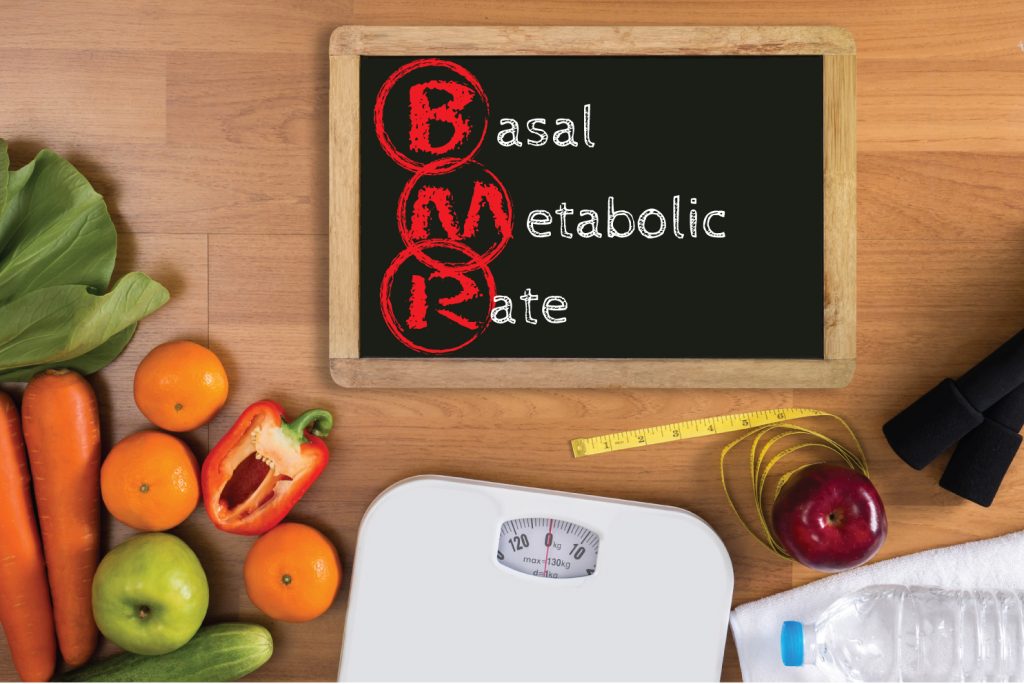
By: Kayla McKennitt, Fitness Trainer
Do you lack energy to get through the day? Instead of turning to your coffee pot, you might want to look at your diet. No, I’m not here to sell you on the ‘latest and greatest’ diet that will turn you into a magical unicorn in 6 weeks or less. I’m here to talk about how important it is to eat a proper amount of calories to fuel your tank so that your body can drive you through your busy day.
By definition, a calorie is simply a unit of energy. Typically, energy is a good thing! But since our bodies are designed to store surplus energy as fat deposits, calories have gotten a bad rap over the years. Some of us choose to sacrifice energy intake (calories) to prevent gaining weight. However, if diet culture has taught us anything, it’s that weight loss or weight management is really not that simple. In the long run, living in a calorie deficit will not only leave you feeling unenergetic, but it is also likely that the weight you were trying so hard to keep off will come back and may be harder than ever to get rid of.
Studies have shown that when food intake was restricted, the resulting loss of body fat was associated with a decrease in the production of body heat and a reduction in metabolic rate (Dulloo & Jacquet, 1998). These changes will facilitate a return to the initial weight. Our bodies sense a lack of food as starvation and in response, our BMR (basal metabolic rate) slows down, which leads to fewer calories burned over time.

You might be thinking; why is a fitness trainer preaching about calories? Firstly, as stated earlier, calories are the fuel your body needs to function. In order to get the most out of physical activity, such as weight training, you absolutely need to be fueled. A car does not run on an empty tank and neither does your body. The number one complaint my clients have is stubborn fat that they just can’t get rid of. Once we start looking into habits, it no longer surprises me that most of them have been under eating for years. They were told by the fitness industry that if you cut your calorie intake you will lose weight, but the long-term effects were slow BMR and fat retention that became even harder to come off. Some have been under eating for so long that they barely ever feel hungry. Because they don’t feel hungry, they eat even less and so the vicious downward cycle continues.
Weight gain is a complicated process. It is a combination of genetic makeup, hormonal controls, diet composition and environmental impacts on your lifestyle, including sleep, physical activity, and stress (Anthanont P, et al., 2016). Unfortunately, it is not as simple as just cutting calories. In a study monitoring people who have lost 10% of their weight through dieting, only 20% will maintain this loss for at least a year (Wing & Phelan, 2005). So why are we starving ourselves? Why are we sacrificing much needed energy for this pipe dream to control fat deposits via drastically cutting calories?
It is a long road to recover from years of under fueling, but if you are constantly struggling to find energy to get through your busy day, it might be something you want to start working towards. Consciously feeding yourself nutrient dense foods throughout your day is the first step to gaining back your energy and restoring your metabolic system.
At this point, you might be wondering how many calories you are actually supposed to eat in a day. Like everything else, we do not all fit into the same box on this topic and without knowing your goals and current physical activity level, I cannot give you that answer. Speaking with a Registered Dietician is a great way to create a plan that suits your lifestyle needs.
References
Anthanont P, et al. Does basal metabolic rate predict weight gain? The American Journal of Clinical Nutrition. 2016;104:959.
Dulloo A. G., Jacquet J. (1998). Adaptive reduction in basal metabolic rate in response to food deprivation in humans: A role for feedback signals from fat stores. American Journal of Clinical Nutrition, 68, 599–606.
Wing R. R., Tate D. F., Gorin A. A., Raynor H. A., Fava J. L. (2006). A self-regulation program for maintenance of weight loss. New England Journal of Medicine, 355, 1563–1571.
